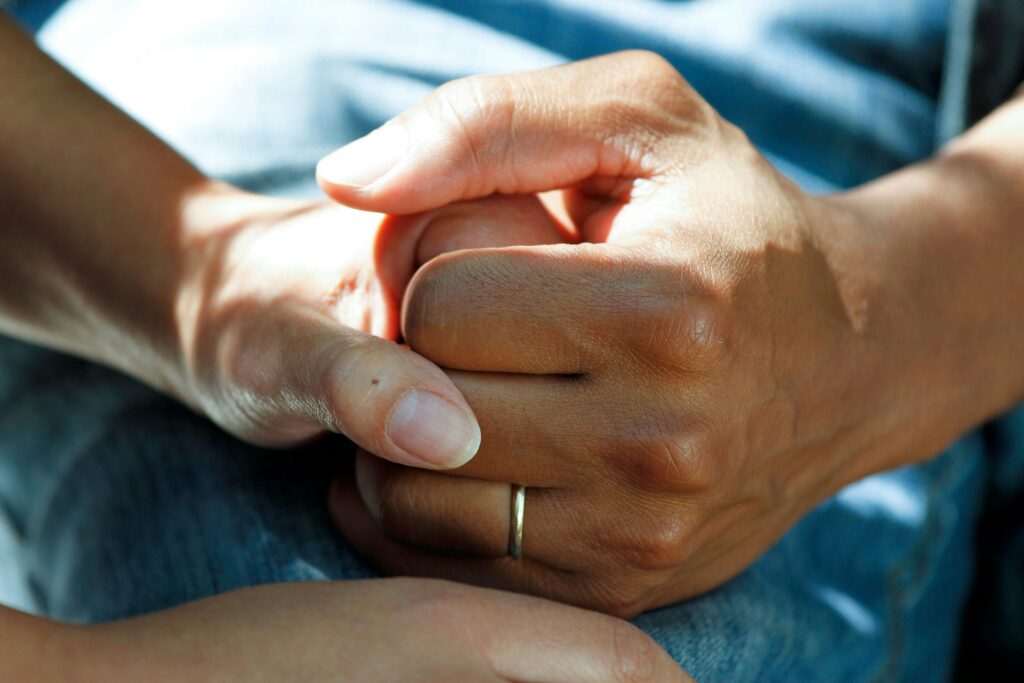
As the number of cancer survivors continues to rise, a significant portion of this population faces enduring physical and emotional challenges. Among these, anxiety and depression are prevalent, affecting approximately 30% of survivors. These emotional struggles often remain unspoken, leading to a diminished quality of life characterized by fear and despair.
Recent research underscores the importance of resilience—the capacity to recover from adversity—as a critical factor in managing distress and enhancing well-being. This highlights the urgent need for healthcare providers to adopt a comprehensive approach that addresses not only the physical but also the emotional and psychological needs of cancer survivors.
Florida Atlantic University’s Groundbreaking Research
In alignment with Breast Cancer Awareness Month, researchers from Florida Atlantic University’s Christine E. Lynn College of Nursing have completed a pioneering scoping review. This study focuses on caring-healing modalities (CHMs) designed to enhance resilience and alleviate emotional distress, such as depression and anxiety, in cancer survivors.
The findings, published in the journal Nursing Reports, aim to shift the focus from treatment to healing by examining how CHMs like mindfulness, peer support, and expressive therapies can mitigate emotional distress and bolster resilience. Notably, the majority of the studies included in this review concentrated on breast cancer survivors, emphasizing the need to address their emotional and spiritual well-being long after treatment concludes.
“Our findings highlight something too often overlooked in survivorship care: healing doesn’t end when treatment does,” said Judyta Kociolek, corresponding author and director of the FAU Clinical Research Unit.
Human Connection as a Healing Modality
Driven by Watson’s Theory of Human Caring, the review analyzed 16 global studies on CHMs delivered in various settings, including hospitals, outpatient clinics, and homes. The interventions ranged from mindfulness-based programs and therapeutic group discussions to expressive writing and psychoeducation.
These diverse approaches shared common elements: emotional expression, empathetic listening, and a healing environment. CHMs provided safe, quiet spaces for individuals to process emotions such as fear, grief, and hope, either collectively or individually.
“This kind of healing environment isn’t just about peace and quiet – it’s a form of caring in action,” said Rita Gengo, Ph.D., co-author and assistant professor at the Christine E. Lynn College of Nursing.
Group-Based Interventions and Their Impact
The review found that group-based interventions were particularly effective. Whether conducted in person or online, these sessions fostered supportive environments where survivors could share their experiences, reduce isolation, and discover inner strength.
Many CHMs reflected principles akin to Watson’s Caritas Processes, which emphasize caring for the whole person—mind, body, and spirit. These principles focus on compassion, deep human connection, and treating patients with dignity, empathy, and respect.
“Caring-healing modalities grounded in human connection offer something profoundly transformative,” said Lenny Chiang-Hanisko, Ph.D., co-author and associate professor at the Christine E. Lynn College of Nursing.
Mindfulness and Accessibility
Several studies incorporated mindfulness-based techniques such as Mindfulness-Based Stress Reduction and Mindful Self-Compassion. These programs encouraged participants to be present, breathe, and acknowledge emotions without judgment, fostering resilience and self-compassion while reducing anxiety and depression symptoms.
CHMs were delivered in various formats—face-to-face, online, or hybrid—making them accessible and adaptable across different care settings. The review found that both short and long-term CHMs had clinical value, with longer programs aligning more closely with Watson’s emphasis on sustained caring-healing relationships.
Beyond Resilience: Broader Benefits
While the review focused primarily on resilience and emotional distress, many studies also reported improvements in quality of life, self-compassion, and physical symptoms like fatigue and insomnia. By integrating subjective experiences with objective data, CHMs pave the way toward precision nursing that honors both science and soul.
“By bringing together personal experience and biological insight, we’re creating a future where care is deeply individualized,” said Kociolek.
Future Directions and Challenges
This review also identifies significant gaps and opportunities. Research on CHMs is still limited for other cancers, such as prostate or colorectal cancer, and funding for complementary therapies remains a barrier. The researchers call for expanded testing, greater reimbursement, and the inclusion of CHMs in standard survivorship care.
As healthcare continues to evolve, the integration of holistic approaches like CHMs could transform cancer survivorship care, offering a more comprehensive and compassionate path to healing.
For more information about the Christine E. Lynn College of Nursing and Florida Atlantic University, visit their official websites.







